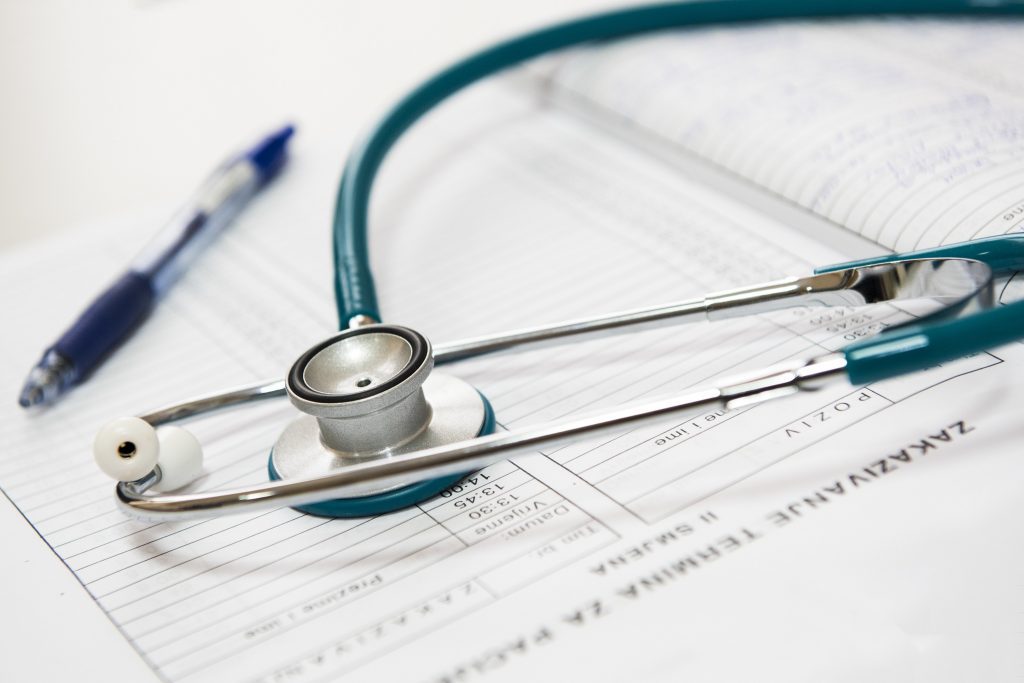SWNYDOCTOR - By Marie HaalandSWNYDOCTOR - By Marie HaalandNew York office - 646-873-7565 / usnews@swns.com
NEWS COPY - WITH VIDEO & INFOGRAPHIC
Six in 10 Americans have delayed seeking medical attention – with financial worries and fear of a bad diagnosis identified as major factors, according to new research.
From hearing concerns to depression, back pain and vision loss, a new study examining the health and well-being of 2,000 Americans found a surprisingly high number (60 percent) have avoided seeking medical help for issues they are worried about.
The survey, commissioned by GN Hearing and conducted by OnePoll, looked at Americans’ attitudes toward their health, and their willingness to visit the doctor and take care of medical issues.
Results showed many Americans are taking an “ignorance is bliss” approach to their health by avoiding confronting certain issues – allowing many to potentially worsen.
In fact, the average person who put off a serious health worry had done so for nearly a year, racking up 11 months between realizing they had a medical issue and actually seeking care.
One example of this is hearing: 42 percent of Americans suspect their hearing has declined in recent years, but only 15 percent have spoken to their doctor or a hearing care professional about their concerns.
Those dealing with hearing loss are just some of the three in 10 Americans who have an ongoing health concern for which they haven’t yet sought attention. And results found a similar number (36 percent) have hidden problems from friends and family.
The results demonstrated that this procrastination over medical needs is extremely common and harmful to Americans in the long run; a third admit they’ve had a condition become more serious because they put off receiving care.
A variety of conditions were examined, and it was discovered that Americans are least likely to seek care for general aches and pains or a sprain, with insomnia, ringing ears and stiffness also making the list of most-ignored concerns.
Results showed that the most common reasons for delaying care are financial concerns (51 percent), not believing it’s a serious issue (42 percent) and being too busy (30 percent).
And even if recommended by a medical professional, about one in 10 would be unwilling to wear a back brace, glasses or hearing aids out of fear that it would be uncomfortable (54 percent) and/or too expensive (40 percent).
Twenty-seven percent of Americans say they’re too stressed to seek care, while 26 percent don’t want to receive an unwanted diagnosis. But this “ignorance is bliss” approach is only making things worse.
The average American hasn’t had a general check-up with their doctor in almost three years.
And while 62 percent of Americans have had their vision tested in the last five years, less than a quarter of Americans have had a hearing test in the same period.Twenty-nine percent of people admit they have actively put off getting a hearing test and/or delaying a visit to an audiologist.
That might explain why the same number (29 percent) say they currently have problems with their hearing.
Twenty-five percent report that friends or family members have raised concerns about their quality of hearing. It can be a sensitive subject though, and 14 percent admit to trying to hide their hearing loss.
“Untreated hearing loss is isolating, and can lead to higher risk of depression, impaired memory, injury and cognitive decline,” said Laurel Christensen, Chief Audiology Officer at GN Hearing. “People often delay treatment because of misperceptions associated with hearing aids. But today’s hearing aids are far more discreet, sleek and technologically advanced than many people realize.”
“A new hearing aid such as ReSound LiNX Quattro not only offers a brilliant sound experience with access to more sounds with less distortion, but users can also easily stream phone calls, videos and music, request a hearing aid adjustment anytime via the click of an app and go all day with a 30-hour rechargeable battery. With so many benefits to hearing aids, there’s no reason to put off addressing your hearing-related concerns,” said Christensen.
For more information on hearing-related concerns and available options please visit www.resound.com.
TOP 10 MOST COMMON CONDITIONS PEOPLE ARE LEAST LIKELY TO SEEK MEDICAL ATTENTION FOR
• General aches and pains
• Sprain • Insomnia/sleep problems
• Ringing Ears
• Stiffness • Back pain
• Infected cut
• Hearing loss
• Continuous headaches
• Earaches
